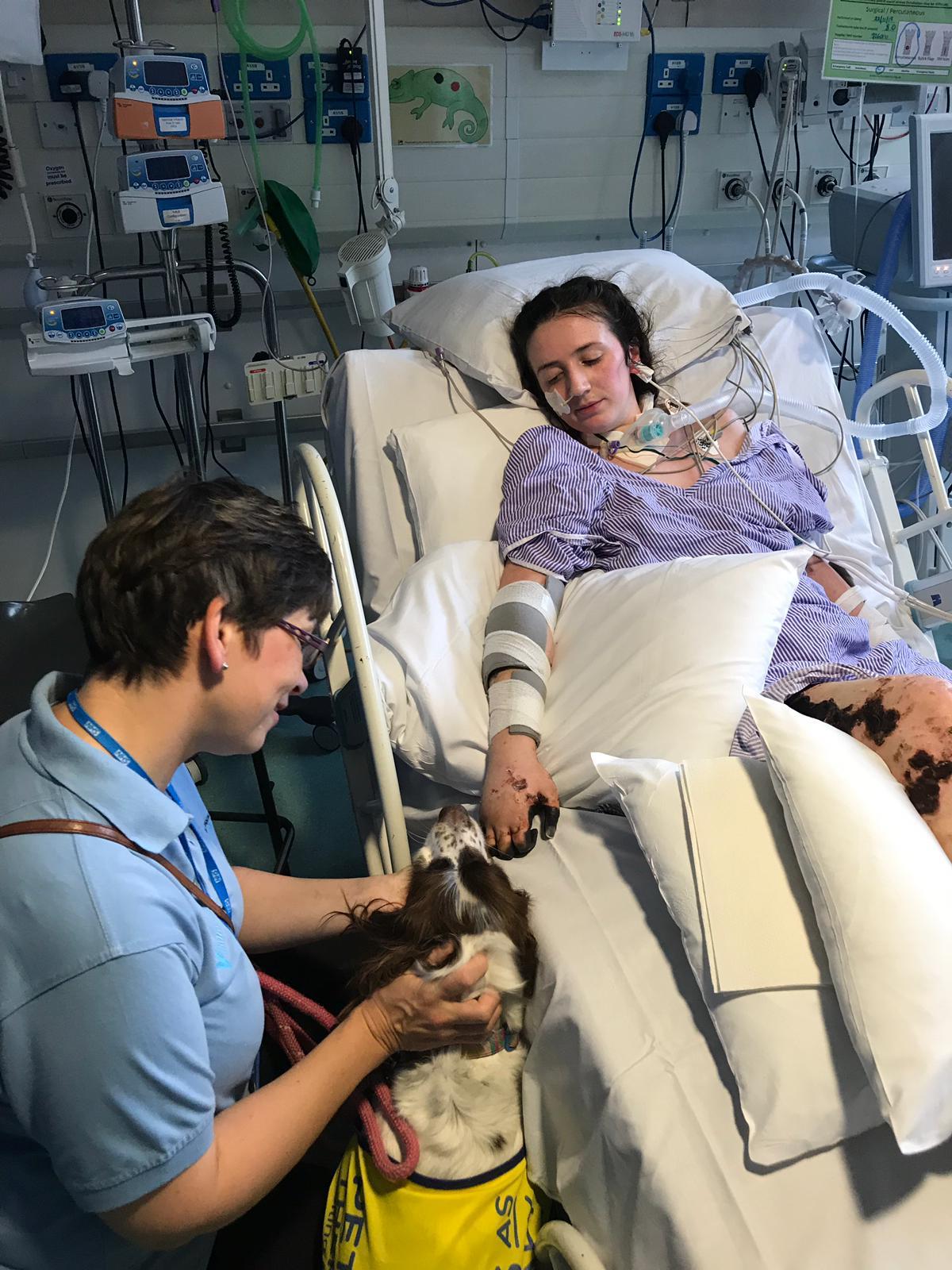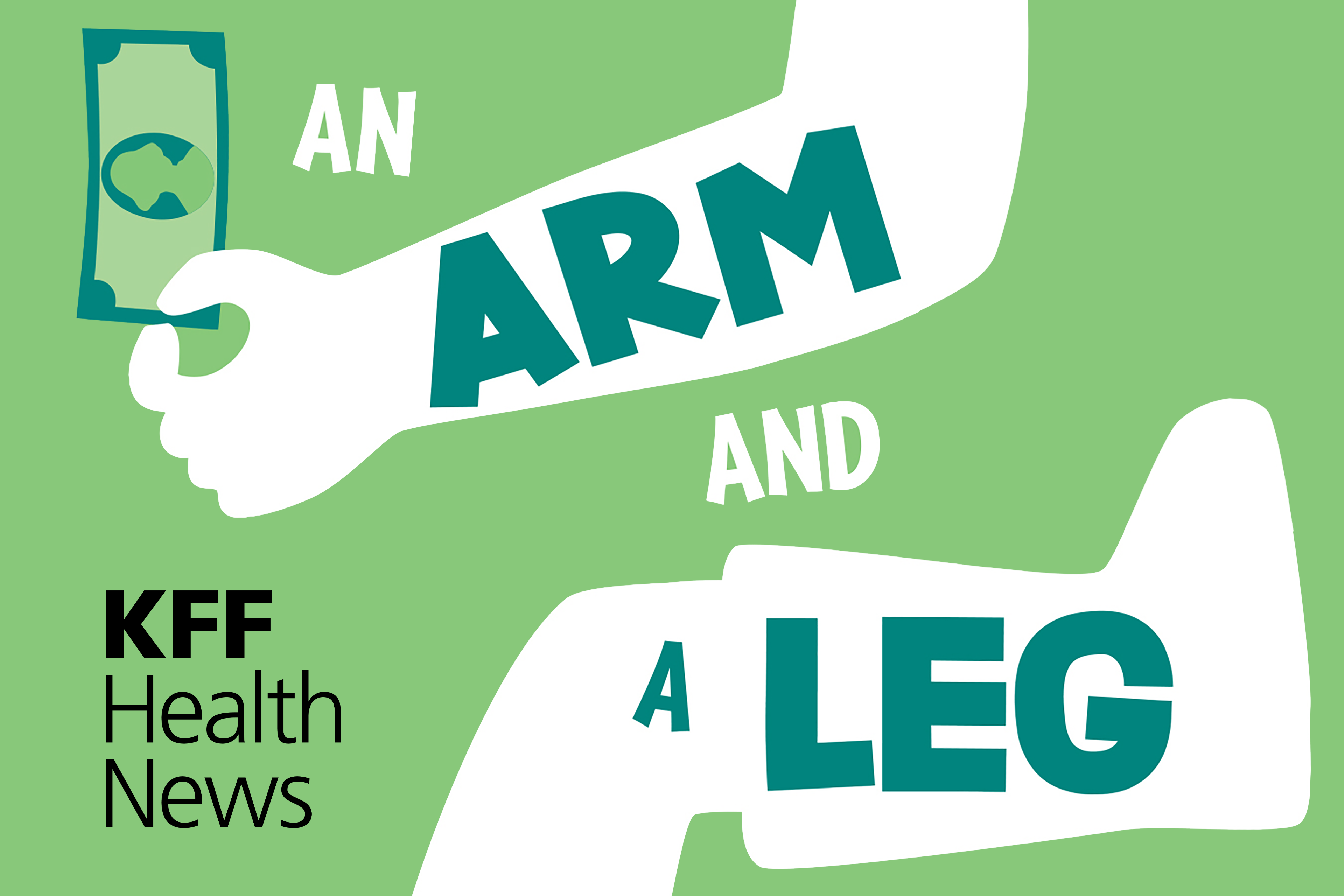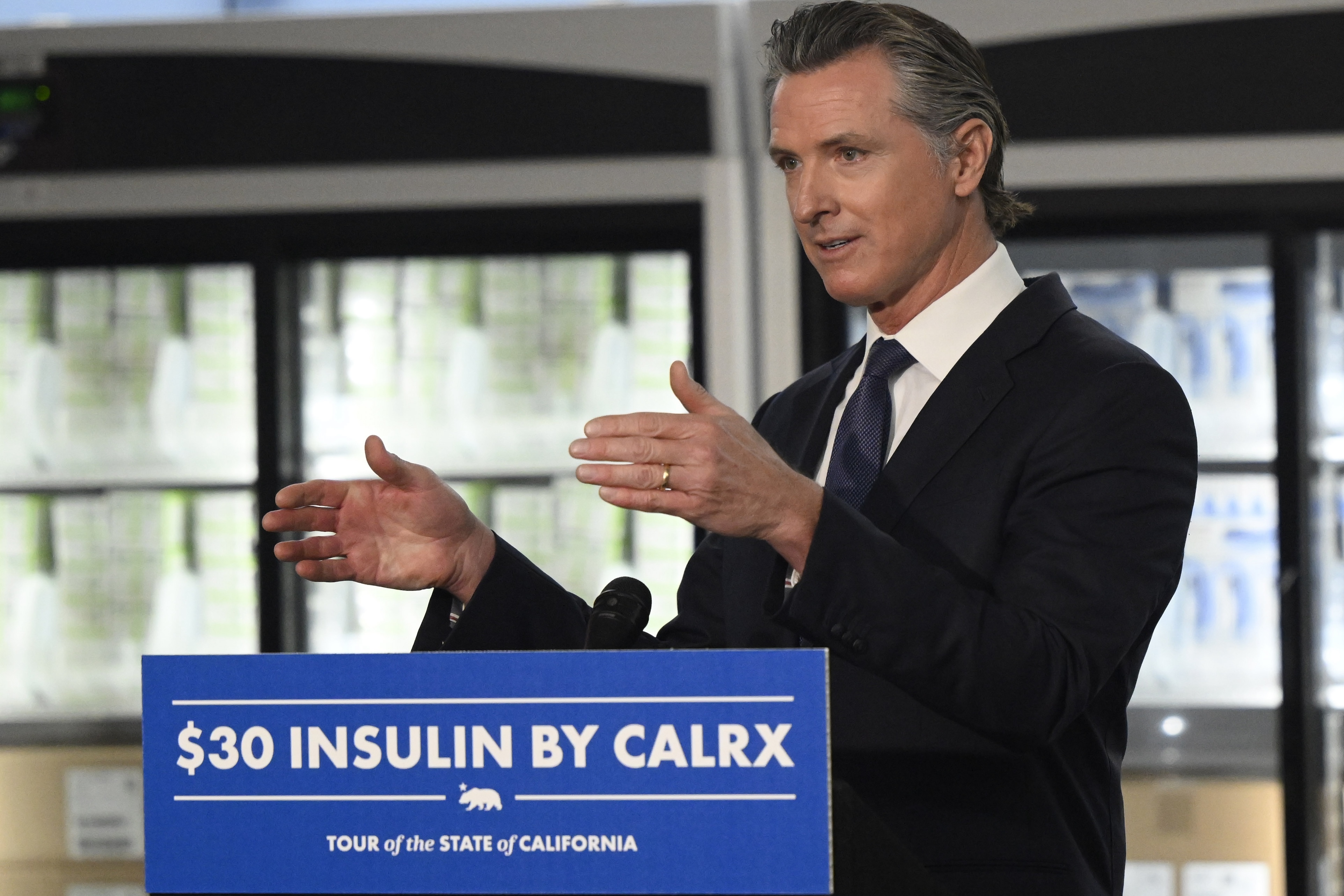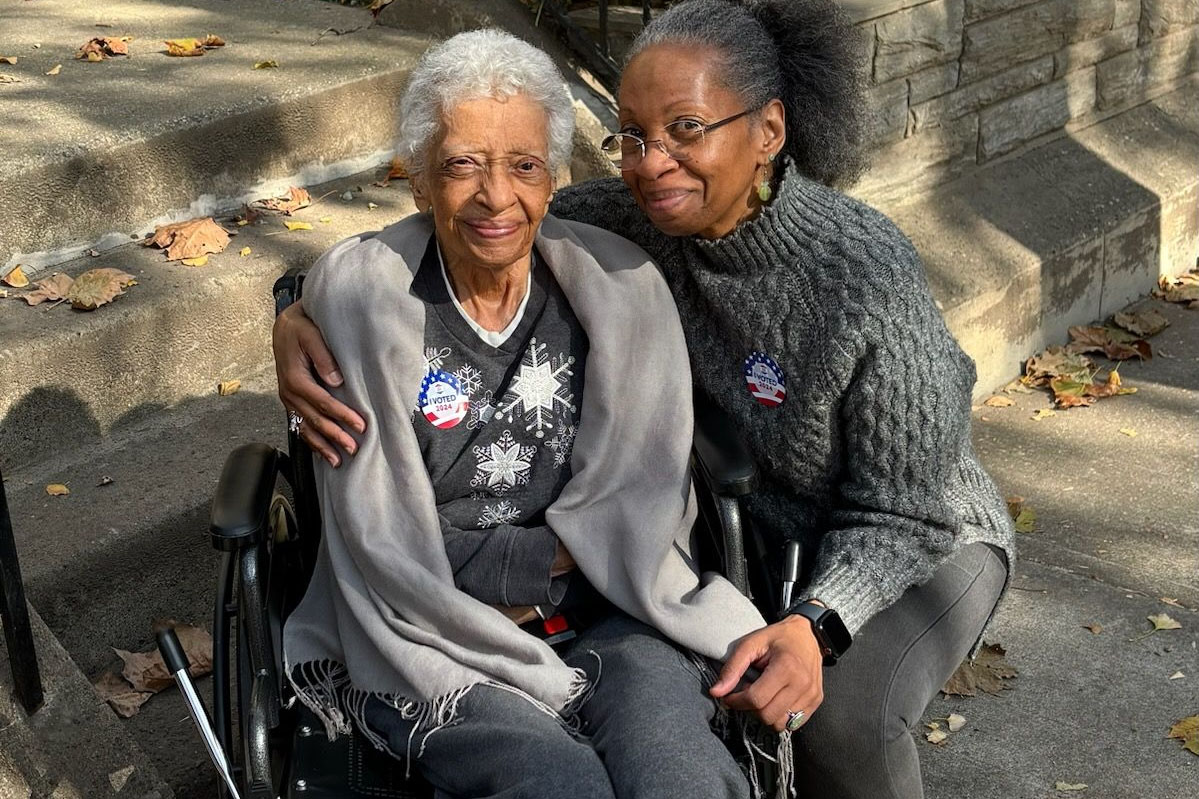Amidst an avalanche of legislative challenges to gender-affirming care, Amida and National Trans Visibility March are doubling down on their commitment to uplifting transgender people. Amida is a Medicare plan in New York City that specializes in HIV treatment and gender-affirming care. It serves more than 3,300 transgender and non-binary individuals.
They have a Gender Identity Support Team (GIST) that helps individuals get the help they need to live the happiest lives possible.
A 2013 article in The Lancet Infectious Diseases reported that “Transgender women (Male to Female, MTF) are internationally recognized as a population group that carries a disproportionate burden of HIV infection.”
The U.S. Center For Disease Control And Prevention published data stating that “African American people are disproportionately affected by HIV, making up 12% of the population, but accounting for 42% (12,827) of the 30,635 new HIV diagnoses in the United States.”
They aid individuals facing a few health issues and barriers to treatment outside of HIV. Their work is pivotal because, according to a 2016 article in Current Opinion in Endocrinology, Diabetes, and Obesity, “Transgender persons suffer significant health disparities in multiple arenas. Real or perceived stigma and discrimination within biomedicine and the health care provision, in general, may impact transgender people’s desire and ability to access appropriate care.” The same article clarified that “some of these health care barriers are faced by other minority groups, many are unique, and many are significantly magnified for transgender persons.” Carey Hanlin, Assistant Director of Transgender Health & HIV Prevention Program, and Jessica Zyrie, TGNB Health and HIV Prevention Coordinator from Amida Care’s Gender Identity Support Team, shared details about how Amida is executing plans to support the transgender community with Black Health Matters.
“We understand that each person’s transition and health goals are different, and the GIST team works with members to identify their needs, to review their options, and to connect them to affirming care and services,” said Hanlin. “Our goal has always been to develop programming that specifically addresses the needs and concerns of this community. And to ‘build a network of provider and community organizations, where our members can get the care and support they need without mistreatment and stigma that they often experience in the healthcare field.”
“We encounter numerous barriers to medical and mental health care, that we need to be healthy. This is why supporting access to care is so important,” said Zyrie.
“Nearly a third of surveyed trans people in the U.S avoided seeing a doctor because they couldn’t afford it or didn’t have access to health insurance, nearly a quarter didn’t see a doctor out of fear of mistreatment and nearly half said that they’d have a negative experience with a health care provider related to their gender identity within the last year.
Visibility in intimate settings, like healthcare visits, can be an invaluable affirmation to someone struggling with their mental and physical health.
Zyrie explained what turns the people she works with off from seeking care. “We unfortunately work with many members who expect mistreatment from the start,” she said.
Hanlin explained, “Not only are our members getting life-saving, gender-affirming care, but they’re also seeing their primary care provider. They’re getting essential cancer screenings, they’re seeing mental health providers.”
“All those things can be nearly impossible in the face of discrimination and stigma,” he added.
Gender-affirming care is not just about syringes and pills. It is about respecting every aspect of a patient’s gender identity when treating them for anything from a bunion to hormone therapy.
“We see their humanity and by working, with our cultural sensitivity, our control sensitive network of providers and staff. We ensure that each member saves the care that they need and deserve,” said Zyrie.
A 2024 article in BMC Health Services Research stated that “transgender people have expressed their need to access health services for general health needs, including but not limited to mental health, non-communicable diseases, and infectious diseases.”
Hope Giselle Godsey, the Executive Director, CEO, and President of the National Trans Visibility March, in an interview with Black Health Matters Editorial Director Corynne L. Corbett, said there is a need for broader, well-rounded conversations that include abstinence self-love, self-care, and self-pleasure in the trans and queer communities. “So you don’t have to feel like your sex life is one or the other, where it’s super existent but feels risky, or where it’s nonexistent and you lack pleasure.”
Godsey also reinforced the importance of diversity in approaches to gender-affirming care: “I think that not enough people are having conversations around the way that we speak about our health, outside of our genitalia, or, you know what surgery you may or may not have had, or how you have sex,” she said. “There are so many health disparities that we go through on a medical level.”
The National Trans Visibility March Executive Director, CEO, & President rejected assumptions that transgender people do not require intervention and support for matters that don’t intersect with their gender. “People often don’t think that we’re galvanized around the same way that we’re galvanized around our gender identity or expression,” Godsey said.
The face of holistic health in public forums does not always include transgender people. Godsey emphasized the need for more “conversations about our holistic health” within the community and shared how herbal medicine shows up in the community.
“Folks are now starting to create their own version of hormone replacement therapy through natural herbs, through juicing, through being able to find out where you can find estrogen and testosterone replacements through natural like roots and herbs and things that, things that don’t affect your body in negative ways or have so many of the ridiculous side effects that some of these like pills and shots that they give us,” said Godsey. “I think being able to talk about that and talk people through it will be interesting for many folks.”



















 English (US) ·
English (US) ·